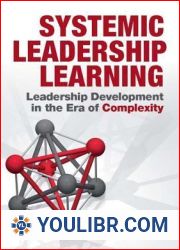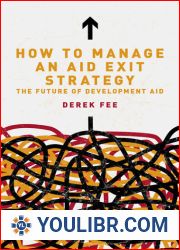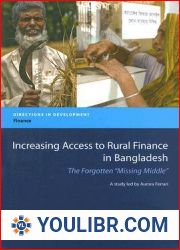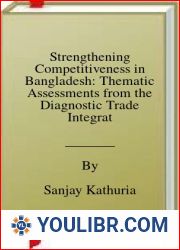
BOOKS - Workforce Development in Emerging Economies: Comparative Perspectives on Inst...

Workforce Development in Emerging Economies: Comparative Perspectives on Institutions, Praxis, and Policies for Economic Development (Directions in … in Development: Human Development)
Author: Jee-Peng Tan
Year: June 28, 2016
Format: PDF
File size: PDF 7.2 MB
Language: English
Year: June 28, 2016
Format: PDF
File size: PDF 7.2 MB
Language: English
Investing in skills has risen to the top of the policy agenda today in rich and poor countries alike. Too often, however, the conversation and actions involved in workforce development (WfD) are fragmented by intellectual, administrative, and operational silos which undermine effective cooperation to solve the deep challenges of building job-relevant skills. Workforce Development in Emerging Comparative Perspectives on Institutions, Praxis, and Policies examines WfD systems in emerging economies around the world and presents novel systems-level data generated by the Systems Approach for Better Education Results (SABER) WfD benchmarking tool, which was created to implement the World Bank s 10-year Education Sector Strategy launched in 2012. The book s findings, based on cross-sectional data for nearly 30 countries and time-series data for five countries, identify successes and common issues across countries in the sample. In lagging countries, the biggest difficulties have to do with forming and sustaining strategic partnerships with employers, ensuring equitable and efficient funding for vocational education, and putting in place mechanisms that enhance training providers accountability for results defined by their trainees job market performance. By framing WfD in the broader context of skills for growth and drawing on lessons from countries where well-designed WfD systems have helped to drive sustained growth, this book offers clear guidance on how to enable a more effective approach to the inevitably complex challenges of workforce development in emerging economies. Its topic and findings are relevant to all policy makers and analysts interested in building skills to drive economic growth.
















































